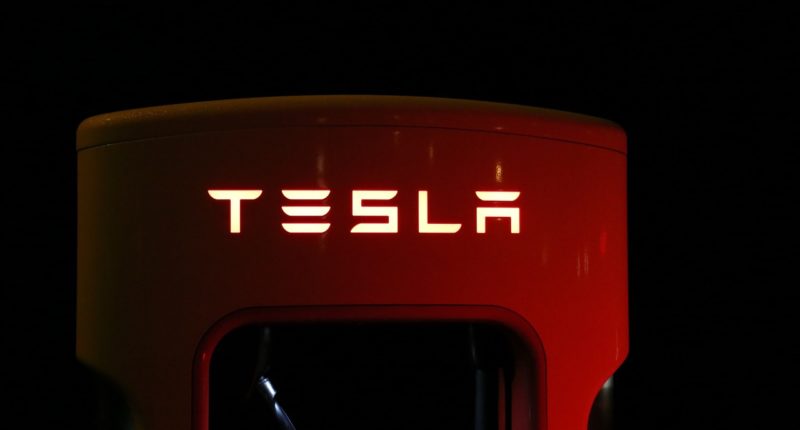Tesla’s stock faced a significant downturn, plummeting over 8% after CEO Elon Musk cautioned that sales growth would decelerate this year. This decline follows price cuts that have already impacted margins and raised concerns among investors in the world’s most valuable automaker. Recently, the company exceeded street expectations by clocking in a record number of electric vehicle sales in Q4 of 2023, selling 1.8 million units. This sales decline surprise sprung up by Musk is due to Tesla’s pivoting towards a new, cheaper electric vehicle slated for production in 2025.
While Musk painted this shift as the catalyst for the next delivery boom, his remarks landed with a thud, triggering a premarket selloff that wiped over $50 billion from Tesla’s market value. The stock, already down 16.4% this month, faced further pressure following this ominous outlook.
The domino effect quickly spread, with ripples of concern reaching Rivian, Lucid, and Fisker, whose shares dipped between 1.2% and 2.4%. This adds to growing anxieties about a potential industry-wide correction, fueled by factors like a sluggish global economy, rising material costs, and intensifying competition from legacy automakers ramping up their own EV offerings.
Tesla’s recent price cuts, intended to boost demand, seem to have backfired in the eyes of investors, raising fears of a race to the bottom and further margin erosion across the industry. This strategy stands in stark contrast to Tesla’s previous premium positioning and casts doubt on its long-term profitability, despite analysts maintaining a “hold” rating with a median price target still 9% above the current share price.
The lofty valuation, nearly 60 times its forward earnings, remains a significant concern. Tesla’s struggles serve as a stark reminder of the challenges facing the broader EV market. While long-term prospects remain promising, near-term headwinds could test the resilience of both established players and aspiring startups.
The success of Tesla’s new, cheaper EV model will be closely watched, as it could potentially unlock a new market segment and reignite growth for the entire industry. Government policy and incentives, technological advancements in battery technology and charging infrastructure, and the ability to navigate economic headwinds through strategic shifts and cost-cutting measures will all be crucial in determining whether the EV revolution can maintain its momentum or face a temporary setback.
Speaking of surveillance, Tesla recalled 1.6 million units in China due to Autopilot concerns after being observed by China’s State Administration for Market Regulation, according to a report by The Tech Portal. In addition, Tesla also moved to recall nearly 2 million units in the US with issues deted by the National Highway Traffic Safety Administration (NHTSA) which had been observing the EV carmaker for around 2 years.
The slow growth rate highlighted by Musk can be an issue due to Tesla’s previous exemplary performance when it comes to sales. For isntance, Tesla sold 1,438,992 electric cars in the first 10 months of 2023, ranking 2nd worldwide after BYD, according to data from CleanTechnica.





